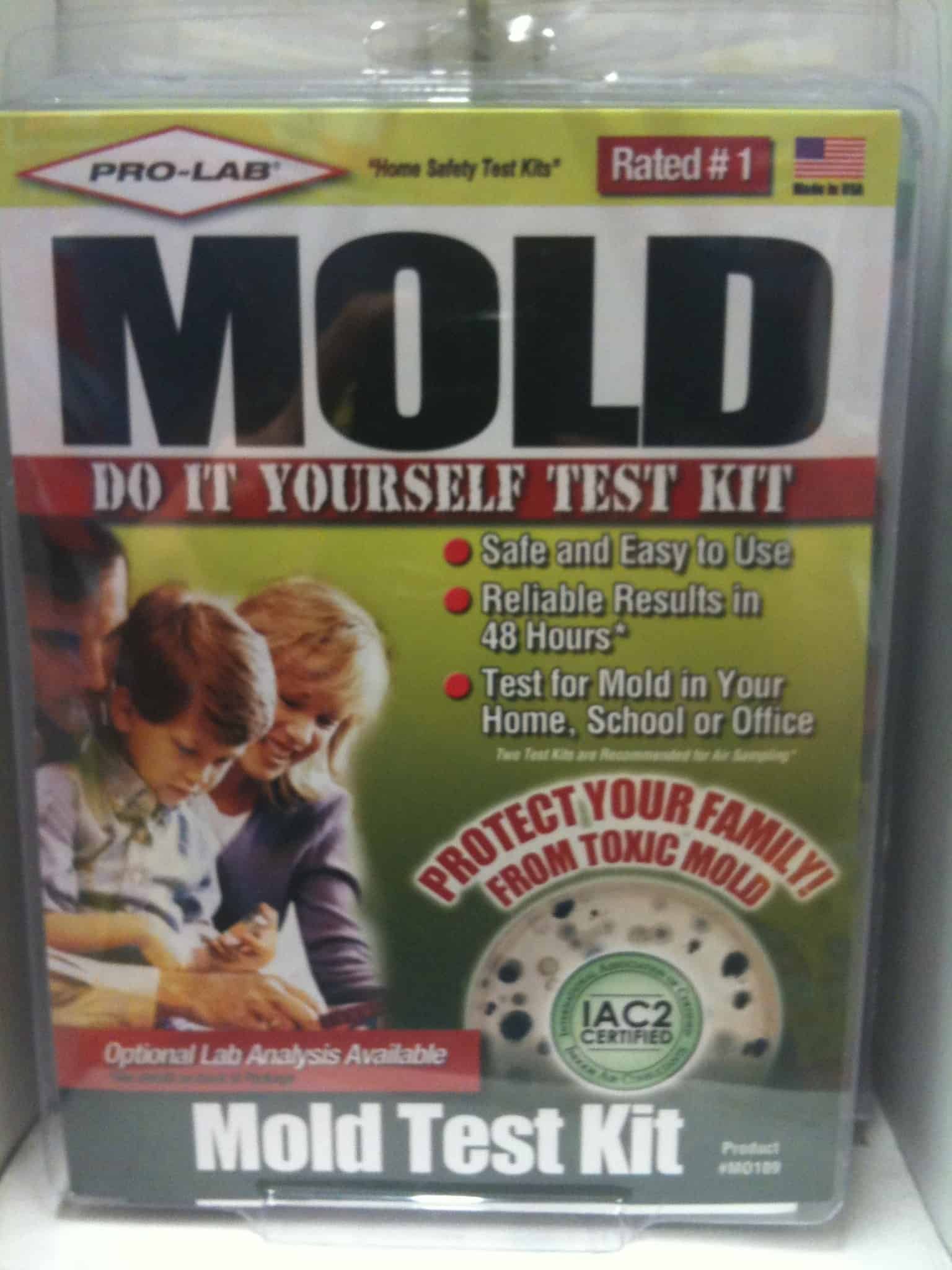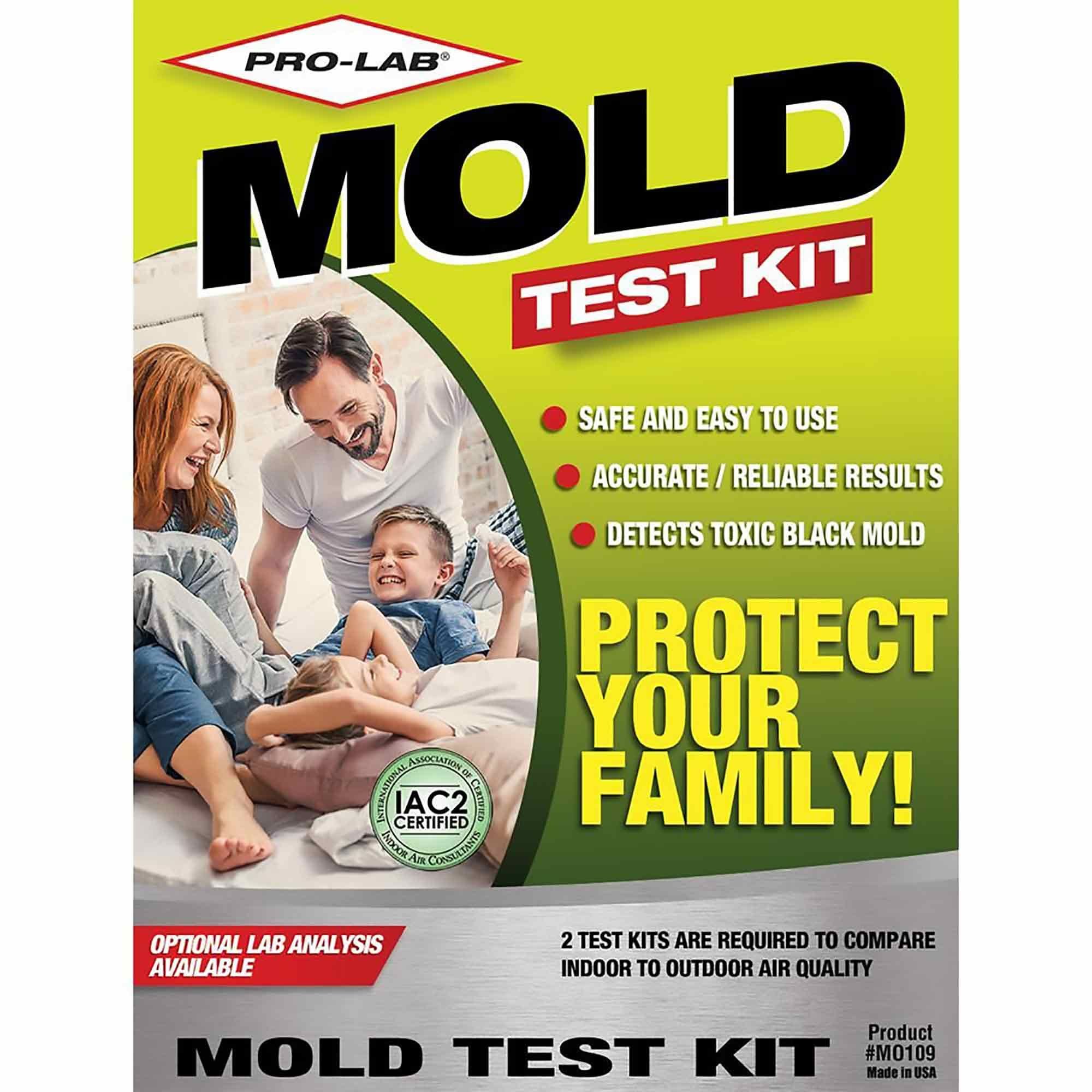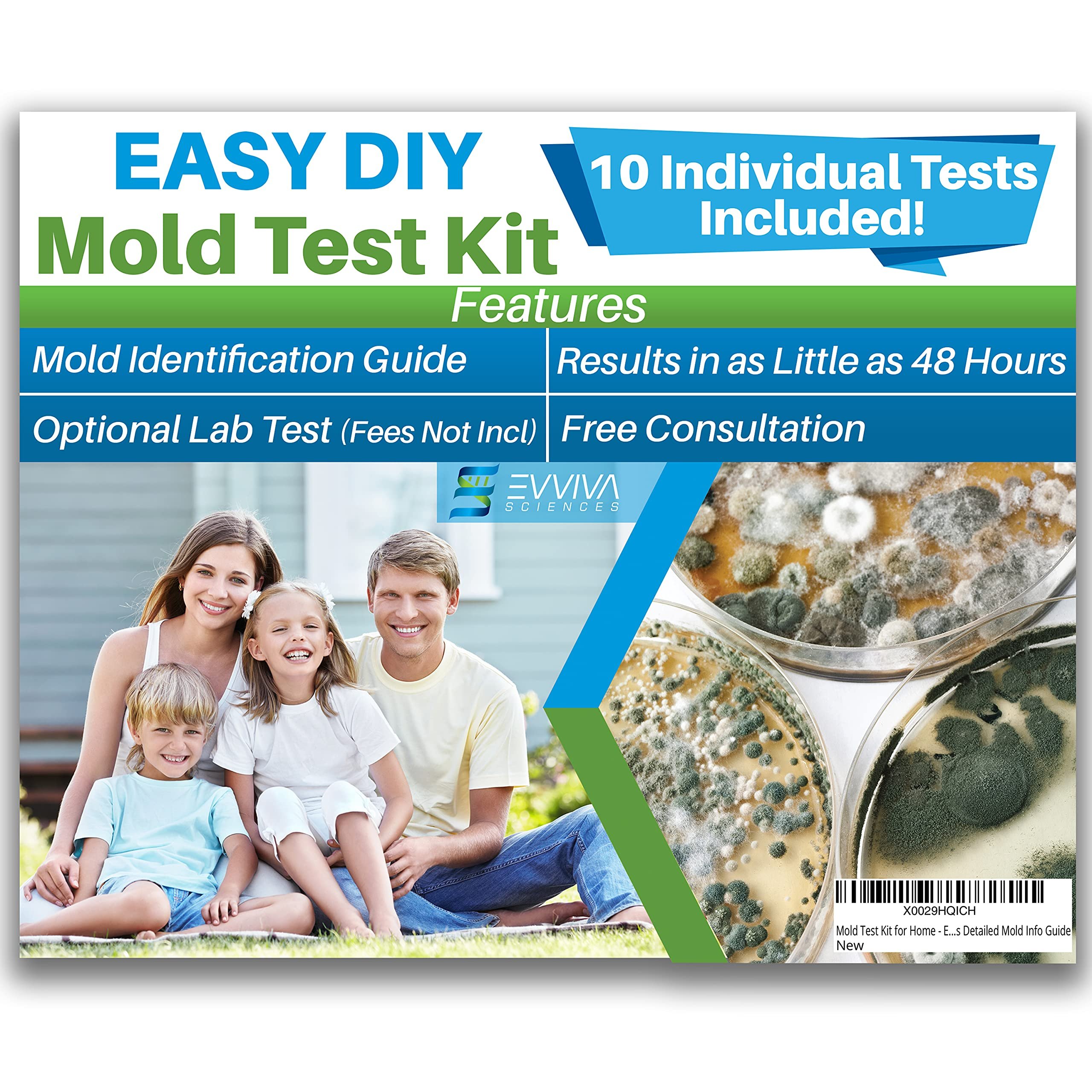A crucial aspect of preserving a healthy indoor environment is maintaining good air quality. Mold, a common indoor air pollutant, poses potential health risks and can cause respiratory issues. Home mold test kits are a popular tool for detecting mold presence, but questions about their accuracy remain. In this article, titled “Are Home Mold Test Kits Accurate: A Comprehensive Guide to Reliability,” we delve into the complexities of home mold test kits, examining their accuracy, limitations, and factors influencing their reliability. We aim to provide readers with a clear understanding of the capabilities and limitations of these kits, empowering them to make informed decisions about mold detection and remediation.
Key Takeaways:
- Home mold test kits often produce inaccurate results.
- Kits can provide false positives or miss specific mold types.
- Professionals do not rely on home mold test kits due to their unreliability.
- Consumer Reports advises against using these kits.
Are Home Mold Test Kits Accurate?

DIY mold test kits have become prevalent in the market, promising to empower homeowners with insights into their indoor air quality. However, skepticism persists regarding their accuracy. Let’s delve into the factors influencing their reliability and explore the limitations that need to be considered:
Factors Affecting Accuracy
- Sampling Technique: Proper sampling is crucial for reliable results. Home kits may not capture representative samples, leading to false positives or negatives.
- Test Limitations: Kits often target specific mold types, missing out on other potentially hazardous species.
- Environmental Factors: Temperature, humidity, and airflow can impact mold growth and test results.
Limitations
- Legal Acceptance: Results from home test kits are often not accepted as evidence by legal, medical, and insurance professionals.
- Consumer Advocacy: Consumer Reports advises against using home mold test kits due to their unreliable performance.
When to Use a Professional
If you suspect mold issues, it’s recommended to seek professional testing for accurate results. Professionals use advanced equipment, follow standardized protocols, and interpret results based on expertise.
In conclusion, while home mold test kits may offer a quick and affordable option, their accuracy is questionable. They can provide a preliminary indication of potential mold growth, but should not be relied upon as a definitive diagnosis. For reliable and legally acceptable results, professional testing remains the most effective approach.
Are you a homeowner in Cape Coral, Florida, curious about the average cost of homeowners insurance? Did you know that the size of your mobile home can affect your insurance premium? As a homeowner, it’s essential to have all the information you need to make informed decisions about your home insurance.
Interpreting Mold Testing Laboratory Results

Understanding the accuracy of home mold test kits is crucial for making informed decisions about indoor air quality. While these kits can provide initial indications of mold presence, it’s essential to be aware of their limitations.
Key Takeaways:
- Home mold test kits often provide inaccurate results, with over 80% producing false positives or failing to identify specific mold types.
- Lab testing offers more precise and detailed results, especially for identifying various mold organisms.
- Proper sample collection, sealing, and testing are vital for accurate results.
- Interpreting mold test results requires careful consideration, as many professional mold testers avoid providing extensive information.
Factors Affecting Accuracy:
- Kit Sensitivity: The sensitivity of the test kit determines how small of a mold concentration it can detect. Higher sensitivity kits are more likely to provide accurate results.
- Sample Collection: Improper sample collection, such as touching the swab or collecting from contaminated areas, can lead to inaccurate results.
- Environmental Conditions: Temperature and humidity can affect mold growth and testing results. Ensure optimal conditions for accurate testing.
- Lab Analysis: The experience and proficiency of the testing laboratory can significantly impact the accuracy of the results.
When to Rely on Lab Testing:
Consider seeking professional lab testing in the following situations:
- Presence of visible mold or musty odors
- Health concerns related to mold exposure
- Legal disputes or insurance claims
Steps for Interpreting Lab Test Results:
- Identify Mold Species: Determine the type of mold present and its potential health effects.
- Assess Concentration: Understand the concentration of mold present and compare it to industry standards or guidelines.
- Consider Environmental Factors: Evaluate是否有任何潜在的原因室内霉菌生长,例如水损坏或通风不良。
- Seek Professional Advice: If the results are concerning, consult with a certified mold inspector or indoor air quality professional for further guidance.
FAQ
Q1: Are home mold test kits accurate?
A1: Home mold test kits are generally not considered accurate, as they can provide false positives or fail to detect certain mold types.
Q2: Why are home mold test kits not reliable?
A2: Home mold test kits may not be reliable due to factors such as poor precision, insufficient sensitivity, and the potential for contamination.
Q3: How accurate are air mold tests?
A3: Air mold tests can provide a general indication of mold levels in the air, but they may not be accurate enough to identify specific mold types or quantify mold levels.
Q4: How to interpret mold testing laboratory results?
A4: Interpreting mold testing laboratory results requires careful consideration of factors such as sample collection, sample handling, and the expertise of the laboratory performing the test.
Q5: What is the most accurate way to test for mold?
A5: The most accurate method to test for mold involves collecting samples and sending them to a professional laboratory for analysis.
- Dora the Explorer Wipe-Off Fun: Safe & Mess-Free Activities for Little Explorers - April 18, 2025
- Does Lemongrass Repel Mosquitoes? Fact vs. Fiction + How to Use It - April 18, 2025
- Do Woodchucks Climb Trees?Fact vs. Fiction - April 18, 2025










